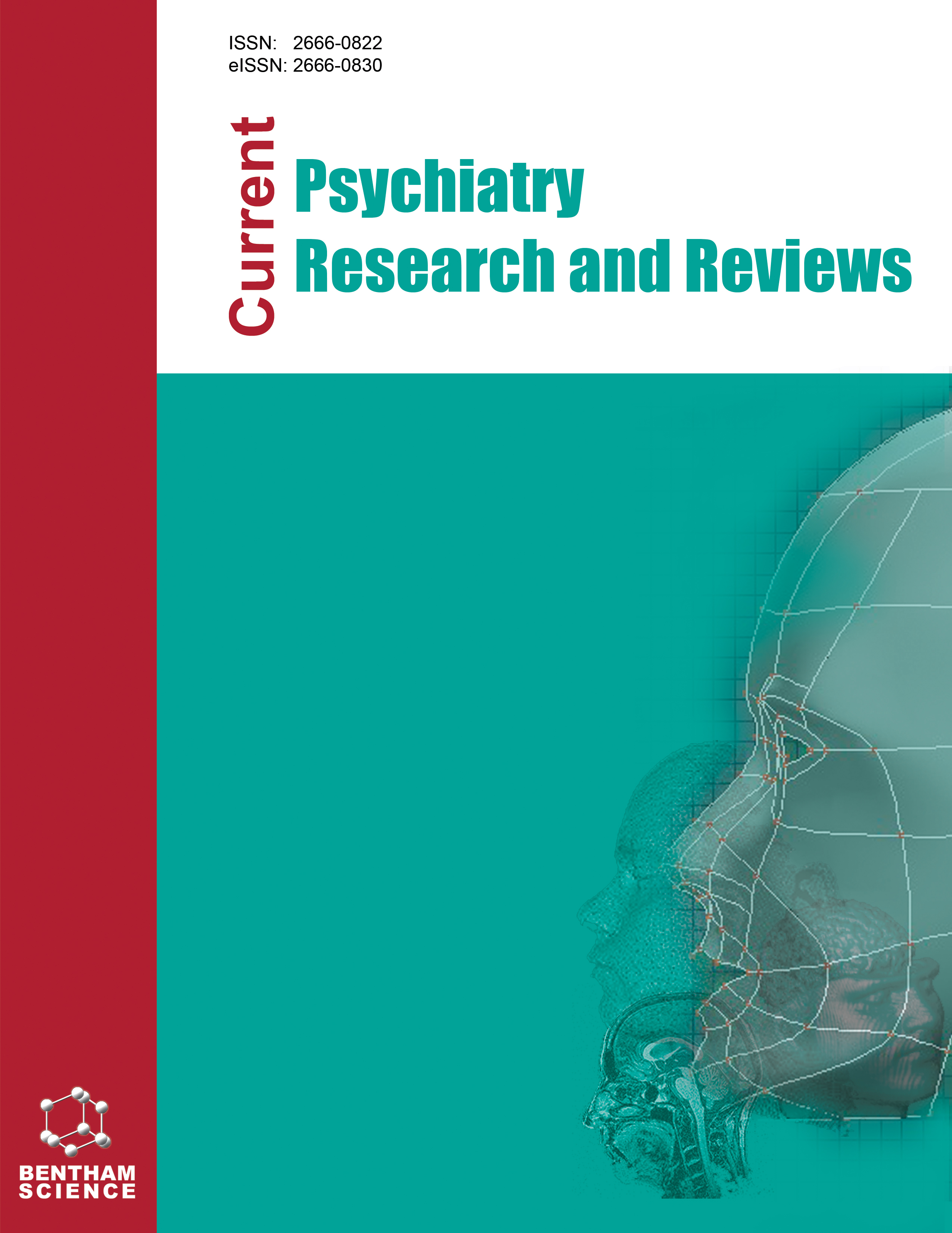
Full text loading...

Individuals with Obsessive-Compulsive Disorder (OCD) experience significant challenges in their psychosocial functioning, as their symptoms disrupt social interactions, intimate relationships, and their capacity to engage in academic or professional endeavors. This study aimed to examine the association between emotion regulation difficulties, self-compassion, and symptom severity among outpatients with OCD.
This cross-sectional study collected data electronically from a convenience sample of 75 individuals diagnosed with OCD attending the psychiatric outpatient clinic at Zagazig University using a sociodemographic and medical datasheet, the Yale-Brown Obsessive-Compulsive Scale–Self Report, the Difficulties in Emotion Regulation Scale, and the 12-item Self-Compassion Scale–Short Form.
Most participants experienced severe OCD symptoms, exhibited emotion regulation difficulties about half of the time, and reported moderate self-compassion. OCD symptom severity showed a strong positive correlation with total emotion regulation difficulties and a negative correlation with both self-compassion scores and age at disease onset.
Future studies should explore these correlations in greater detail, as well as the efficacy of supplemental treatments for individuals with OCD incorporating self-compassion and coping mechanisms.

Article metrics loading...

Full text loading...
References


Data & Media loading...